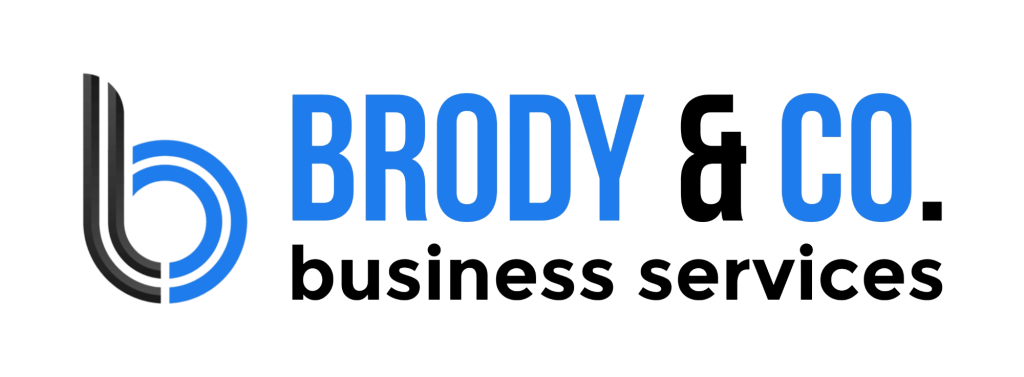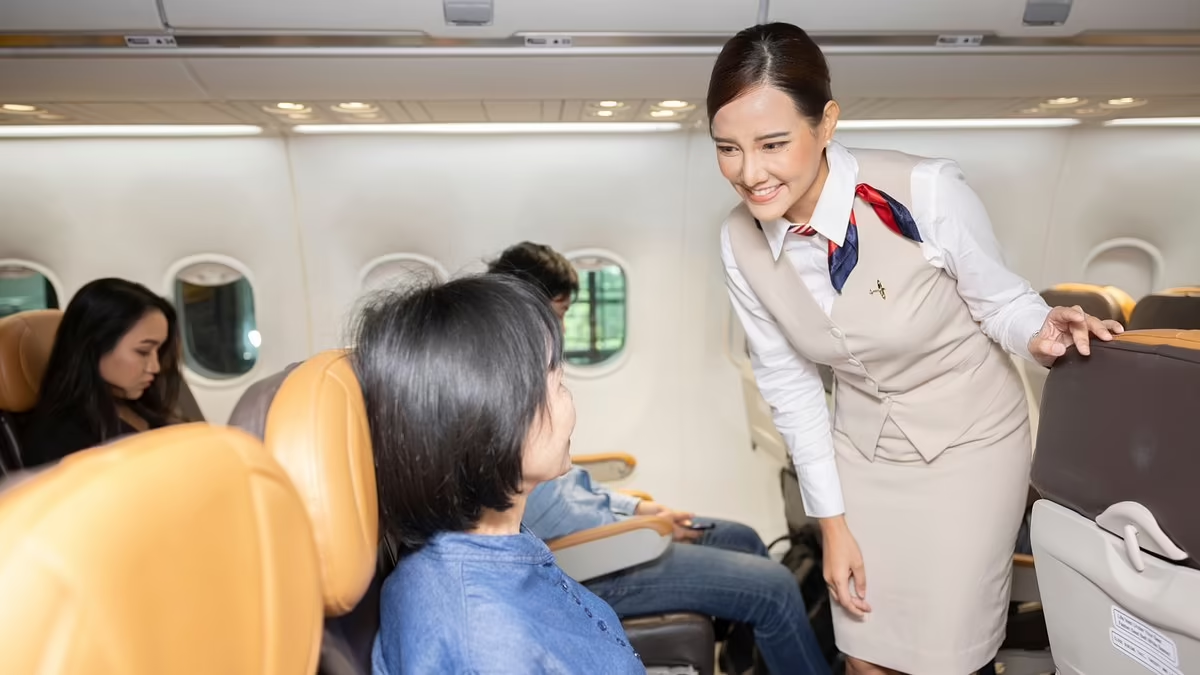
For many flight attendants, the allure of travel, high-touch service, and dynamic environments shapes their careers. But what happens when professional horizons shift? Increasingly, former flight attendants are thriving in new roles—particularly in corporate consulting. Their natural transferrable skills—in communication, service excellence, crisis handling, and teamwork—give them a competitive edge in consulting environments, be it internal corporate training, customer-service design, or luxury client advisory.
1. Mapping Transferrable Strengths
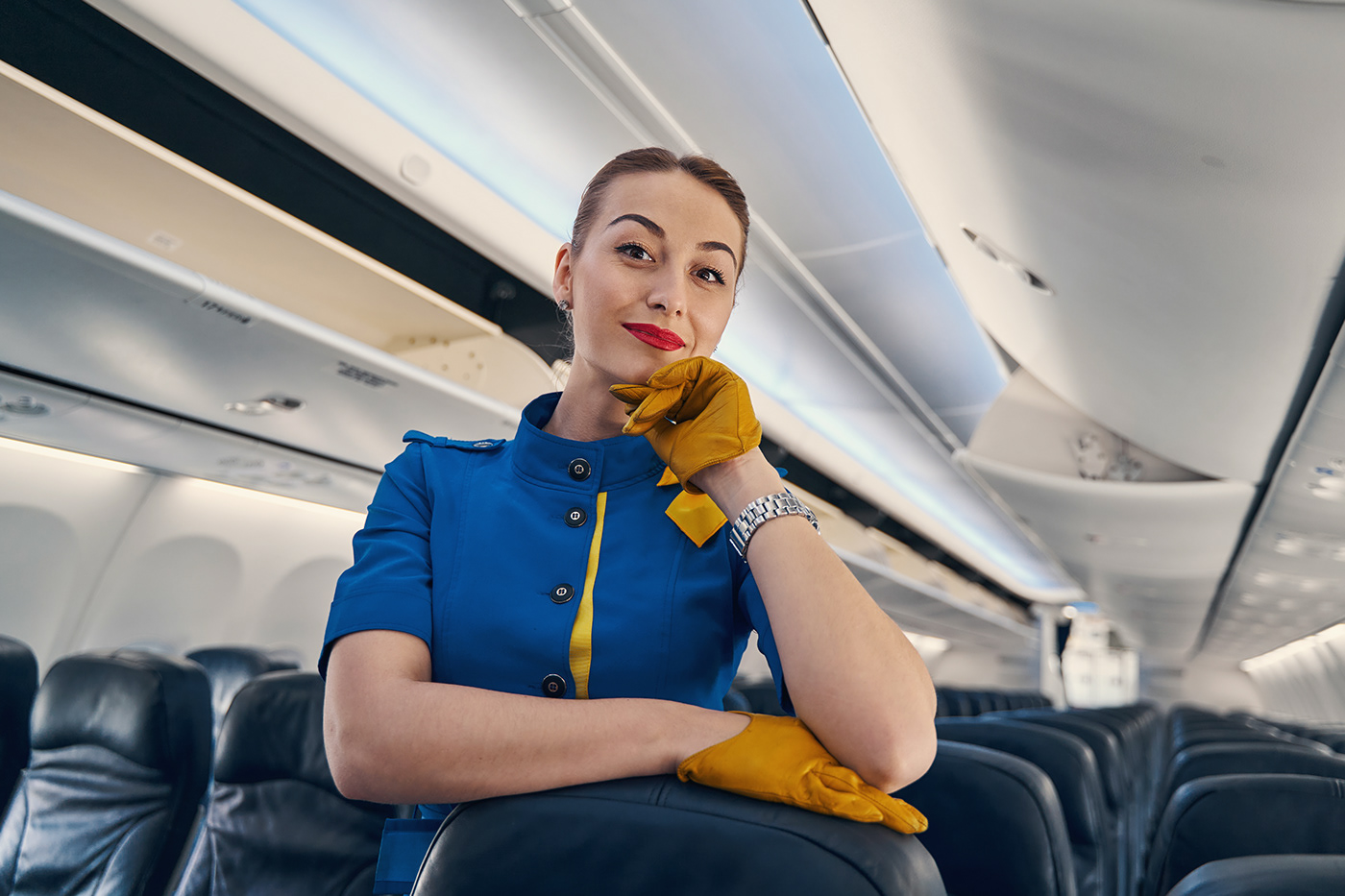
A critical first step is recognizing how cabin‑crew capabilities translate to consulting:
-
Exceptional communication & presentation: Routinely delivering coherent safety briefings and service commentary under pressure builds public-speaking confidence for client workshops.
-
Service‑oriented mindset: Serving diverse customers—from business travelers to VIPs—cultivates empathy and tailored service strategies, core to consulting roles in hospitality and CX.
-
Crisis and team management: De‑escalating unruly passengers or handling medical emergencies proves adaptability that’s invaluable in high‑stakes consulting contexts.
2. Redefining the Narrative
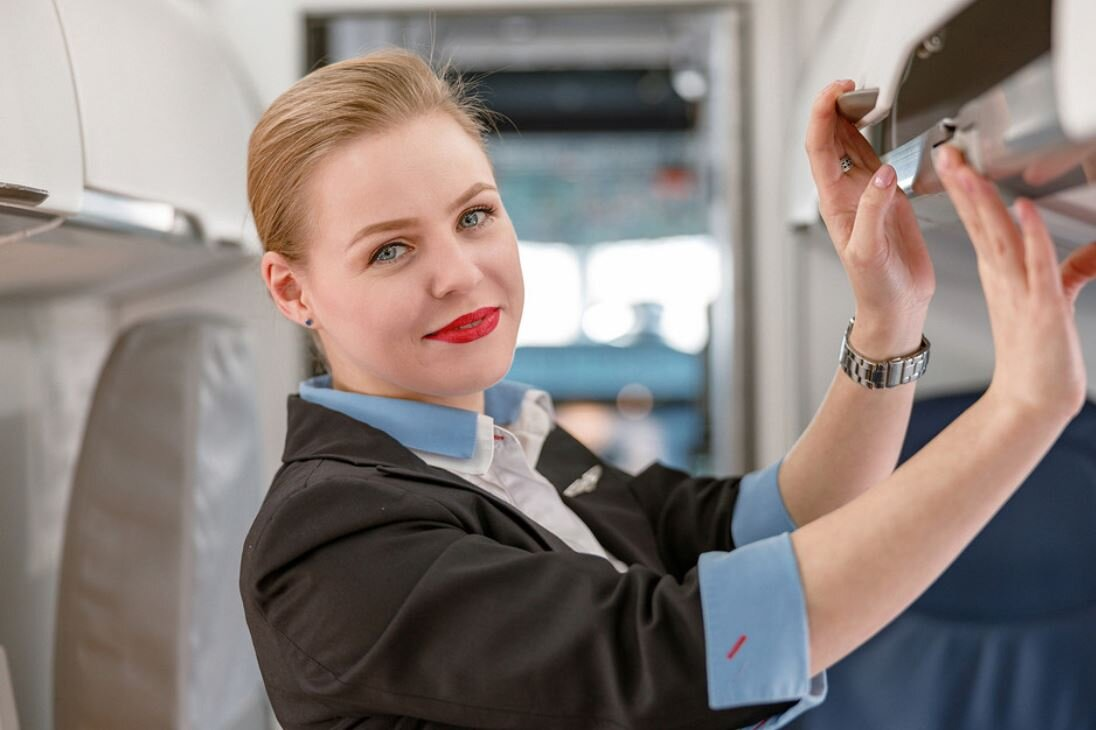
The resume and pitch must shift from “served drinks in coach” to “led cross‑functional teams of flight crew, trained junior personnel, and ensured compliance with aviation regulations.” Candidates should highlight metrics: e.g., “managed daily teams of 8–12 crew, delivering 99% on‑time service and top‑tiersatisfaction ratings.”
3. Bridge the Skill Gaps
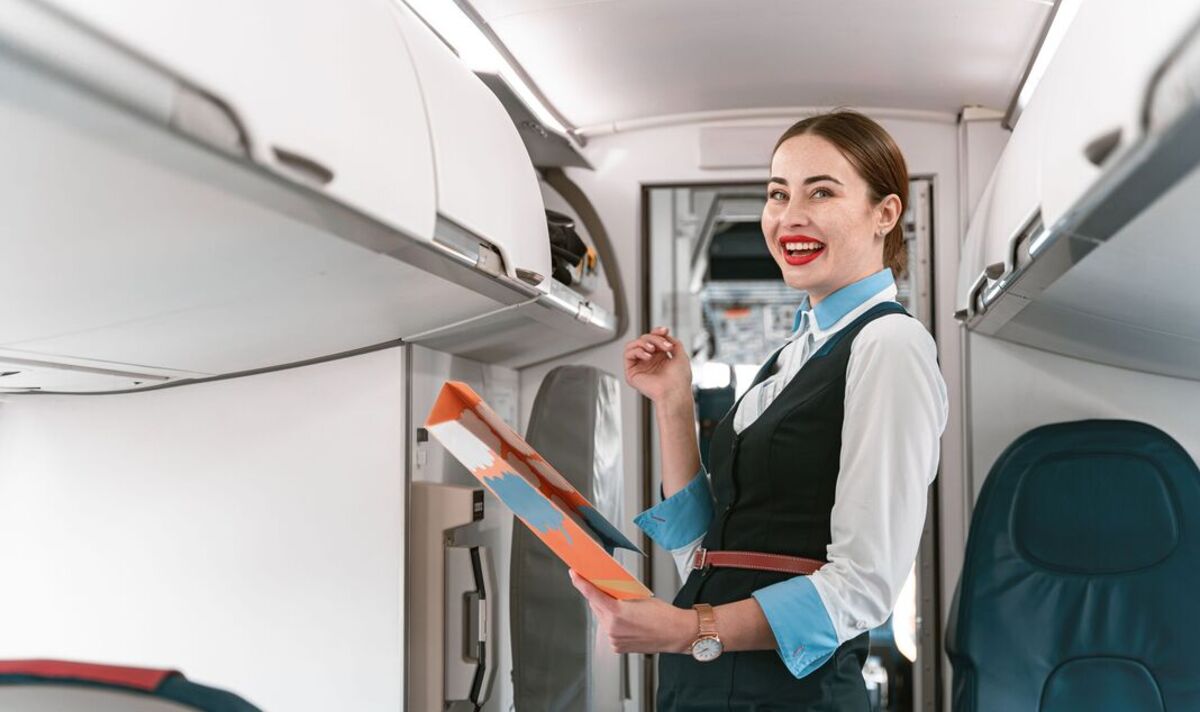
Consulting roles often require:
-
Industry knowledge & jargon: Use online courses or certificates (e.g., hospitality consulting, project management, brand strategy) to gain context.
-
Analytical & facilitation tools: Learn to use frameworks like SWOT, customer‑journey mapping, or consultative selling methodologies.
-
Career coaching & consulting readiness: Engage in career counseling, which combines self‑assessment, portfolio building, aptitude matching—key to new‑career transitions .
4. Gain Real‑World Experience
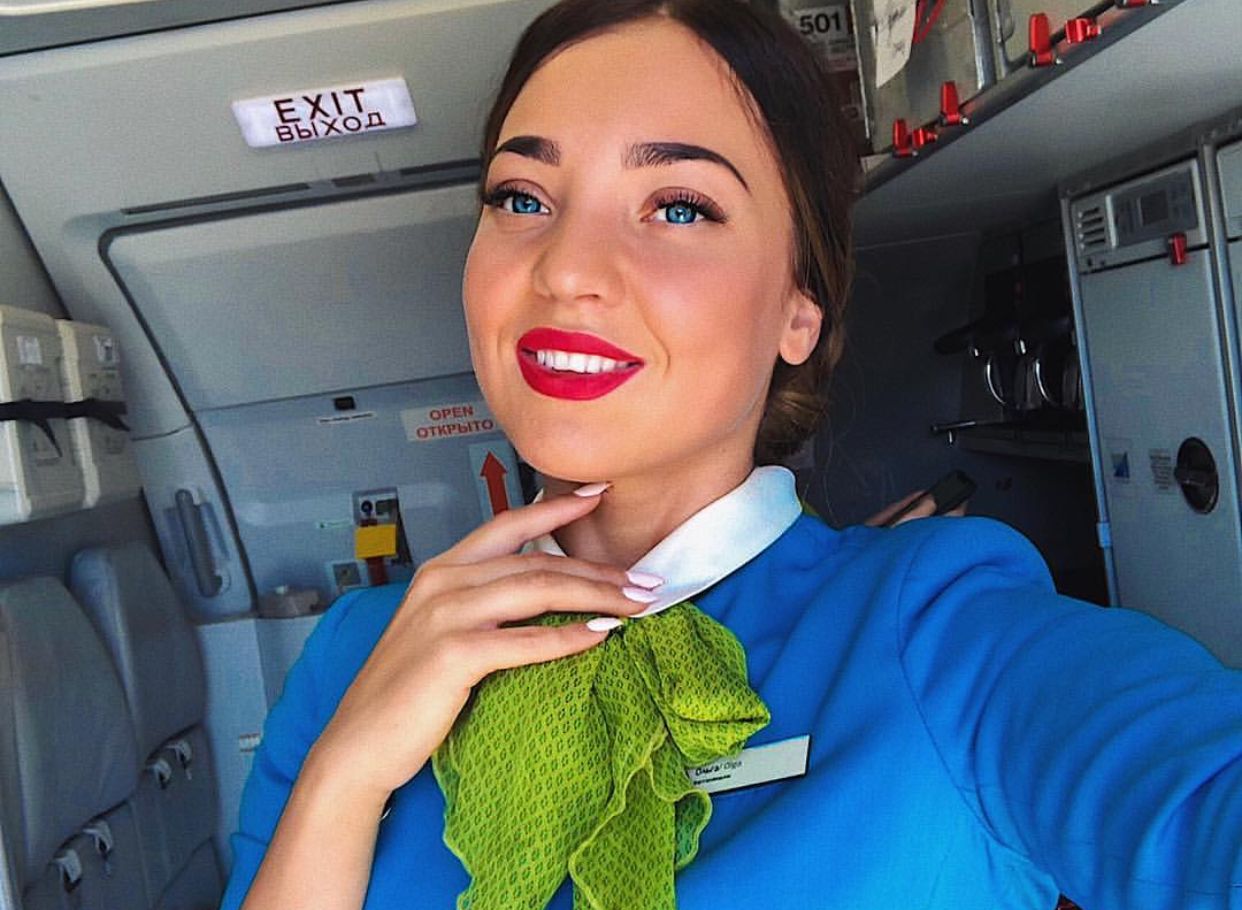
-
Shadow consulting peers: Arrange ride‑along opportunities or informational interviews.
-
Volunteer or freelance: Offer to audit customer‑experience processes for local businesses or travel/start‑up brands.
-
Develop portfolio cases: Frame sample project plans—e.g., “Design VIP onboarding protocols for a corporate jet company.”
5. Network & Find Mentorship
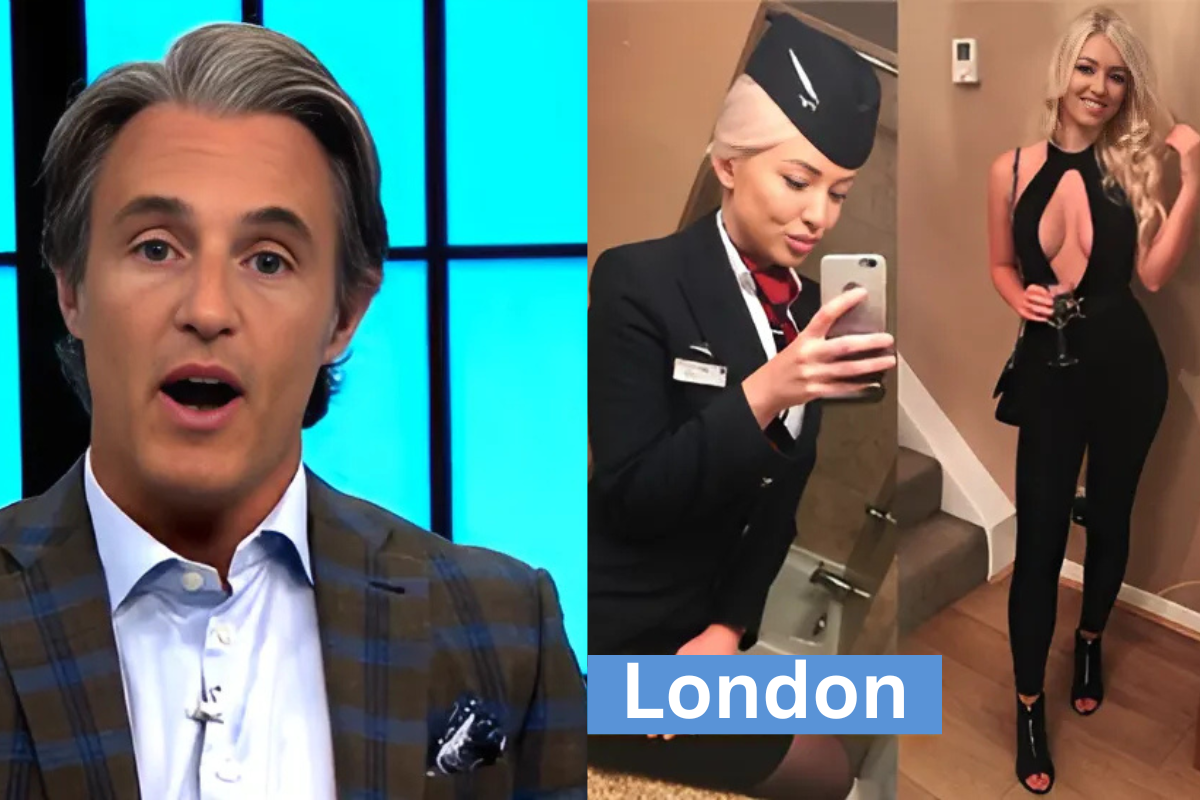
Attend hospitality, aviation, and consulting-industry events; join LinkedIn groups; seek alum connections. Shadowing or co‑mentoring offers crucial insight and credibility in candidate spaces where prior experience matters — especially in luxury service or corporate aviation consulting.
6. Address Mindset Challenges

Leaving the cabin often involves a psychological shift. Embrace continuous learning and resist impostor syndrome—recognizing that your service ethos and real‑time problem‑solving mark you as a valuable, authentic consultant.
A Real-Life Case: When a Consultant’s $150K Bag Raised Eyebrows
One of our consultants, formerly a seasoned cabin crew supervisor, now advises high-net-worth executives on luxury travel protocols. Recently, at a major international airport, she was stopped for questioning over a statement — the designer suitcase she was stewarding belonged not to her, but to a billionaire client who entrusted her with its care. Valued at about $150,000, the bag was part of a multi-million-dollar fashion collection.
This moment highlights several key consulting traits:
-
Discretion & Trustworthiness: She was clearly entrusted with the client’s high-value asset.
-
Professional poise in public scrutiny: She calmly explained her role and documentation.
-
Brand ambassador behavior: Her calm demeanor reassured airport security and reflected well on both her and the client.
Rather than raising security concerns, the episode reinforced her reputation as a trusted consultant in private‑aviation service management—and made headlines for the luxury‑client professionalism angle.
Building a Flight‑Attendant‑to‑Consultant Program
Here’s how organizations like Brody & Co. can structure career-transition initiatives:
-
Skill audit & mapping workshops: Detail each attendant’s aviation strengths (e.g., emergency training, service protocol) and map them to consulting competencies.
-
Custom learning tracks: Offer micro‑certifications in consulting frameworks, hospitality management, and digital tools (e.g., Miro, Zoom facilitation).
-
Capstone project labs: Simulate short consulting engagements—e.g., complete a client brief on designing elite customer‑service standards for private jets.
-
Mentorship & peer coaching: Match attendees with senior consultants for support during the 6–12‑month ramp‑up period.
-
Placement & portfolio support: Create paths for entry‑level consulting roles—in areas like CX audits, VIP concierge design, or internal training delivery.
Interested? Let’s Connect
If your organization wants to empower flight attendants to evolve into consultancy roles—like corporate training, hospitality auditing, or VIP travel design—Brody & Co. is here to help. We tailor structured career-pivot programs, leveraging aviation‑sector skills and bridging key consulting competencies. Reach out via brodyandcobusinessservices.com to learn more.
Summary
Flight attendants already carry the core DNA of a consultant: people-centric focus, crisis agility, and polished communication. Pivoting to consulting involves reframing experience, deliberate upskilling, and gaining exposure to consulting workflows. With the right support, the cabin-to-boardroom transition isn’t just possible—it can be powerful, profitable, and professionally rewarding.
